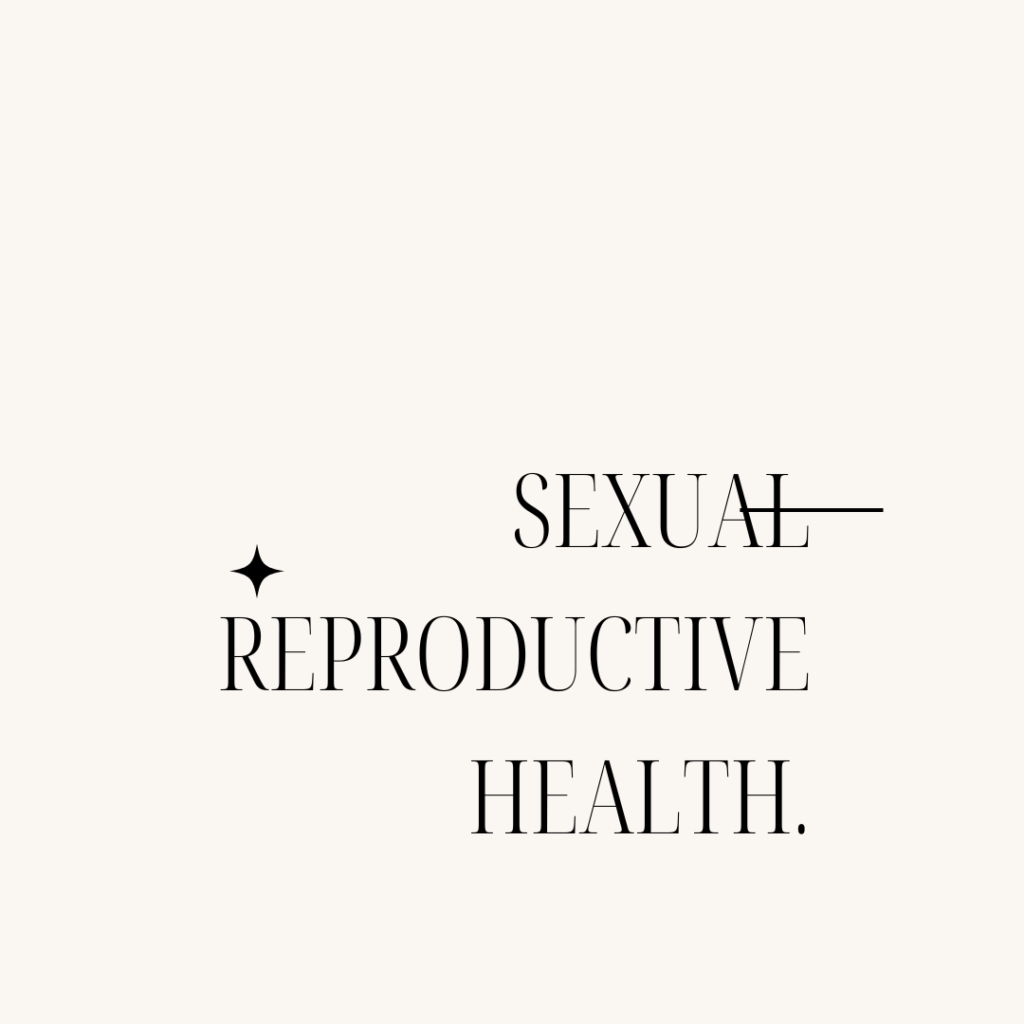Sexual reproductive health is a topic that’s often shrouded in mystery, misconceptions, and yes, a fair bit of awkwardness. But guess what? It’s time to break down those barriers and have a real, honest conversation about what sexual reproductive health really is, why it’s so important, and why it should matter to each and every one of us.
So, grab your favorite cup of tea (or coffee, if that’s more your jam), and let’s dive in!
What Exactly is Sexual Reproductive Health?
At its core, sexual reproductive health encompasses a wide range of issues related to our sexual and reproductive systems. It’s about more than just preventing unplanned pregnancies or STIs (though those are definitely important aspects). It’s also about ensuring that individuals have access to the information, services, and resources they need to make informed decisions about their sexual and reproductive health.
From puberty to menopause and beyond, sexual reproductive health covers a broad spectrum of topics, including:
- Sexual Education: This includes comprehensive sex education that goes beyond the basics of reproduction to cover topics like consent, healthy relationships, and sexual pleasure.
- Family Planning: Family planning services provide individuals with the tools and resources they need to plan if and when they want to have children. This can include contraception, fertility awareness methods, and preconception care.
- Prevention and Treatment of STIs: This involves education, testing, and treatment for sexually transmitted infections (STIs) to prevent their spread and ensure the health and well-being of individuals and communities.
- Maternal and Child Health: Maternal and child health services focus on ensuring safe pregnancies, childbirth, and postnatal care for both mothers and babies, as well as promoting healthy child development.
Why Sexual Reproductive Health Matters
Now that we have a better understanding of what sexual reproductive health entails, let’s talk about why it matters. Here are just a few reasons why sexual reproductive health is so important:
- Access to Reproductive Healthcare: This includes access to a range of reproductive healthcare services, including prenatal care, abortion services, and post-abortion care, as well as services for transgender and gender-diverse individuals.
- Empowerment: Access to comprehensive sexual reproductive health information and services empowers individuals to make informed decisions about their bodies, their relationships, and their futures
- Health and Well-Being: Sexual reproductive health services help prevent and treat a range of health issues, from unplanned pregnancies and STIs to maternal and infant mortality.
- Gender Equality: Ensuring access to sexual reproductive health services is essential for achieving gender equality. When individuals have control over their reproductive choices, they have greater opportunities for education, employment, and participation in society.
- Social Justice: Sexual reproductive health is a matter of social justice, particularly for marginalized communities who may face barriers to accessing care due to factors like race, ethnicity, socioeconomic status, or sexual orientation.
- Public Health By promoting sexual reproductive health, we can improve public health outcomes, reduce healthcare costs, and create healthier, more resilient communities.
Let’s Keep the Conversation Going So, there you have it—sexual reproductive health in a nutshell. But this is just the beginning of the conversation. There’s still so much more to explore, discuss, and learn about this important topic.
Whether it’s advocating for comprehensive sex education in schools, supporting access to reproductive healthcare services, or challenging stigma and discrimination, each of us has a role to play in promoting sexual reproductive health and rights for all.
So let’s keep the conversation going, ask the tough questions, and work together to create a world where everyone has the knowledge, resources, and support they need to make healthy choices and lead fulfilling lives.
Until next time, stay curious, stay informed, and keep advocating for sexual reproductive health for all!
Adelaide Hamese

